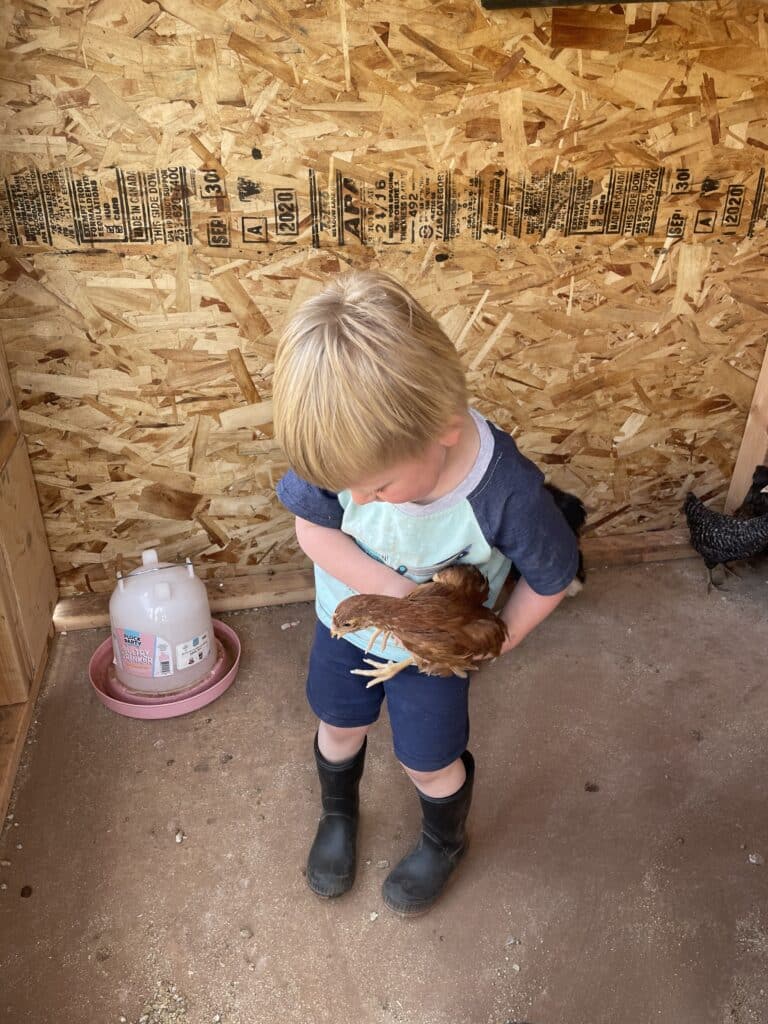3 Ways You Can Support Your Budding Scientist
3 ways you can support your budding scientist.

Children are curious, which makes them natural little scientists. Exploring and discovering their world. Everything they experience has value to them, everything is new and exciting, something to be explored. As a parent, you want to encourage this love of learning. But how exactly can you do that?
Here are 3 ways you can support your budding little scientist.
3 ways you can support your budding scientist
- Encourage your child to explore at their own pace
- Support Creativity
- Introduce science into your everyday life
Encourage your child to explore at their own pace
All children develop at different rates across different areas of development. So it is important for you to remember that their development is normal. There is nothing wrong with your child if they are interested in things that seem unimportant to you, or if they are excelling at one area while moving much slower in other areas.
Encourage your child to explore their world and dive deep into what they are learning, whatever their pace may be. We don’t need to rush them to learn something they aren’t ready for. But we also don’t need to redirect them if they are deep in a learning wormhole.
Support Creativity
You can support creativity by:
- Saying positive things about your child.
- Getting excited about the things that excite your child.
- Providing opportunities for your child to explore their own creativity.
Introduce science into your everyday life
Science is all around us. Here are a few ways to include science into your everyday life:
- Slow down and notice the world around you.
- Vocalize your thoughts.
- Vocalize the processes of your thoughts and actions.
- Vocalize the observations you make about your child’s thoughts and actions.
3 Ways You Can Support Your Budding Scientist- More Resources
To take a deep dive into your role as your child’s first teacher, check out my early childhood 101 course.
If you want to get started with a super fun science experiment, check out this one!